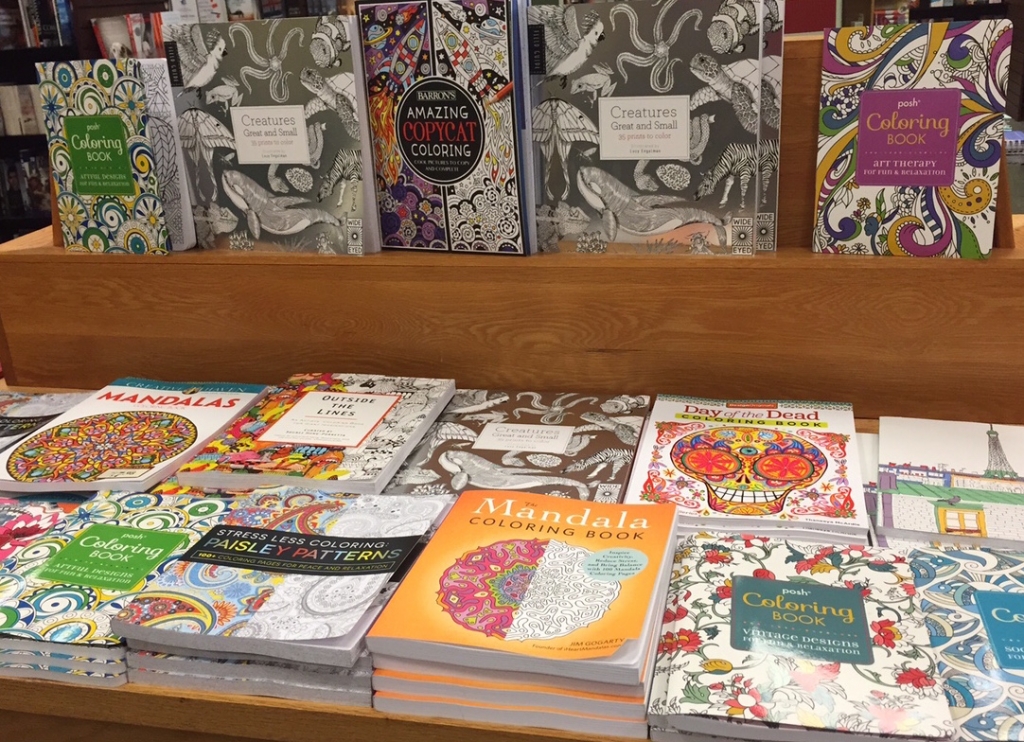What Mr. Rogers taught me (and many others) about feelings.
I feel that if we in public television can only make it clear that feelings are mentionable and manageable, we will have done a great service for mental health – Fred Rogers
I had the pleasure of growing up watching Mr. Rogers. He kindness and care always felt so genuine, despite the fact that it was delivered via a television show. It wasn’t until a few years ago that I came across the following video and truly learned how much he cared about children and how strong his desire was to make a difference in their daily lives. What he says about feelings, particularly anger, is an important message for children of all ages.
In this video from 1969, Mr. Rogers sits before a senate committee arguing against the proposal to cut funding for public broadcasting, including important educational shows for children. Watch below to see his moving testimony to notoriously tough committee chairman John O. Pastore.
Be prepared to feel feelings…
by 1971, funding had been increased from $9 million to $22 million dollars.
For stress relief, try coloring!
I was introduced to Mandalas by a previous co-worker as a fun mindfulness activity to do at the beginning of DBT groups. Activity-based mindfulness using art or music were always my favorite types and I always felt a twinge of excitement every time I was asked to participate in something creative.
Whenever I try to describe Mandalas or other similar coloring books, I always end up saying that they’re “adult coloring books”. This has gotten me more than a few puzzled looks and laughs. I THEN have to explain that they are simply challenging and more detailed than anything you may have colored when you were young.
Coloring a mandala or something with a lot of detail requires concentration and mindfulness. It’s an excellent way to distract from racing or obsessive thoughts, improve mood and reduce depression or anxiety, provide stress relief, or simply do something relaxing after a busy day.
Mandalas are easy to find online for free; just type “mandala” into the search bar. Bookstores and craft stores sell books of Mandalas and other coloring books for adults. Because they are so popular now, you can find them easily. Some of the options out there are quite beautiful!
You may start to see a pattern here.
One of the luxuries of having a private practice is the freedom to pursue other side projects. I am working on developing a training for other practitioners wishing to learn more about people with disabilities. As a result, much of my reading and research lately has been about the disabled population and I am afraid that is going to spill over into my blog. I found this article on disability as it is portrayed in the media to be highly interesting and illuminating.
Super Powers and Suicide in the Spectrum of Disabilities in Popular Culture
Stories of disability and suffering in pop culture lead us to believe that having a disability or being different should be something we are angry about and fight to rectify in some way. It is my experience that living well with a disability is easy to do if you have an open, creative mind and can come up with adaptations. This way of thinking has also helped me in my career: the media and pop culture portrays mental illnesses such as depression, anxiety or grief as unending and all-consuming. With the right treatment and an open mind, people can live well WITH mental illness despite the fact that TV, movies and the media tell us otherwise.
Advice on how to Stop Worry Thoughts
This Time Article, titled “How to Stop Worrying” is a great summary of how to use mindfulness and other techniques to reduce the suffering we feel from excessive worry thoughts. It also incorporates key elements of ACT and DBT, such as finding ways of “letting go” and observing instead of judging. I love seeing articles like this in Time magazine. Mindfulness is going mainstream!
A Quick Video on Disability and “suffering”.
Stella Young was an amazing and funny Disability Activist. Here she shares her opinion on genetic testing, but what I really like about this video is he comment on “suffering” and people’s assumptions.
Hello
Thank you for visiting my website. I am still learning the ins-and-outs of starting a private practice and have taken on the fun challenge of designing my own website, (with a little help). Here you will expect to find articles, quotes, videos, etc., that relate to mental health, disabilities and other topics that relate to my practice. I hope you continue to visit! Feel free to email me with any feedback or requests for topics to cover in future blog posts.
Thank you and welcome to Citrus Grove Counseling!
-Emma

